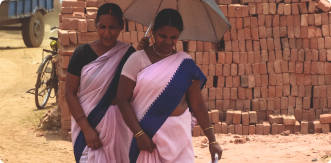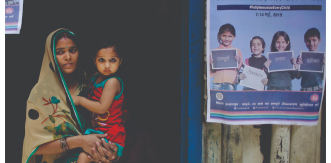

JSIPL recognizes the interconnectedness of city policies and citizen action. Its experience in urban settings gives it a nuanced understanding of the demand for and barriers to accessing and using health and health-related services.
JSIPL provides technical expertise through projects on sustainable urban growth, providing solutions to urban health challenges in immunization; HIV prevention, treatment, care, and support; safe motherhood; water, sanitation, and hygiene; healthy and sustainable urban planning; and citizen engagement.

Nurturing strong coalitions of civil society, cross-sector government, and private sector to strengthen systems for sustainable and equitable health service delivery to the urban poor.
Generating evidence with systems-based thinking,
cross-discipline, and
market-oriented approaches while adapting learnings and best practices from similar settings.
Building local capacities and developing targeted interventions to prioritize planning and resources for underserved urban populations.
Upgrading human development indices to build healthier urban environments in project settings.
Working with state governments and partners to strengthen city infrastructure to provide better access to health services.
Creating greater awareness through campaigns on unhealthy lifestyles, including crowded living conditions, poor diet, tobacco use, and alcohol and drug misuse.
Helping reduce risks related to food and nutrition insecurity, inadequate sanitation and waste disposal, and infectious diseases.



The USAID-funded Building Healthy Cities (BHC) Project tested healthy urban planning approaches in Indore, India. It worked with the Smart City program to prioritize, plan and fund urban health activities. The project shared lessons on improving urban health in selected cities of South Asian countries.

Under the Urban Immunization Project, JSIPL engages with civic authorities in immunization systems for sustainable and equitable vaccination of the urban poor by developing models in selected cities.